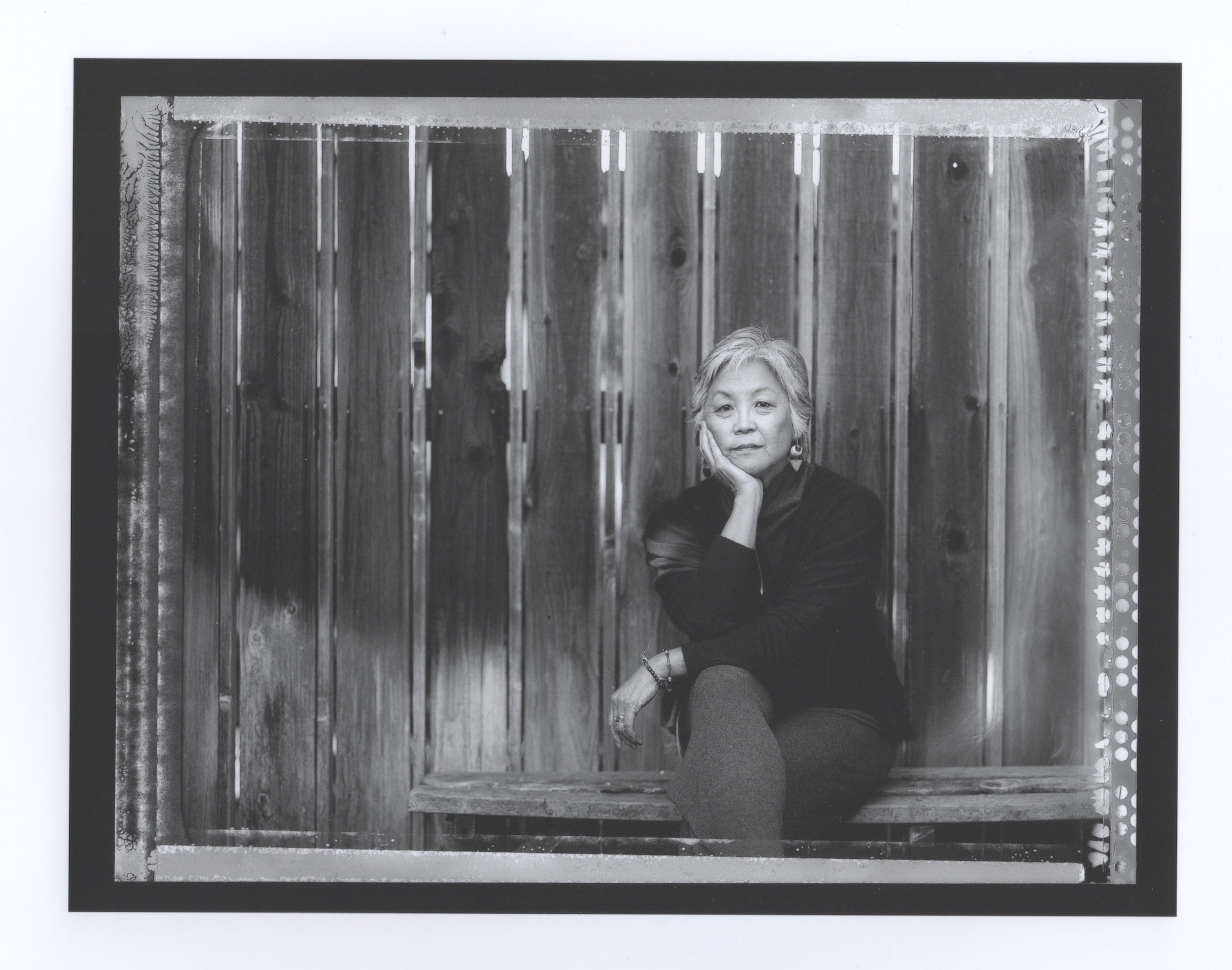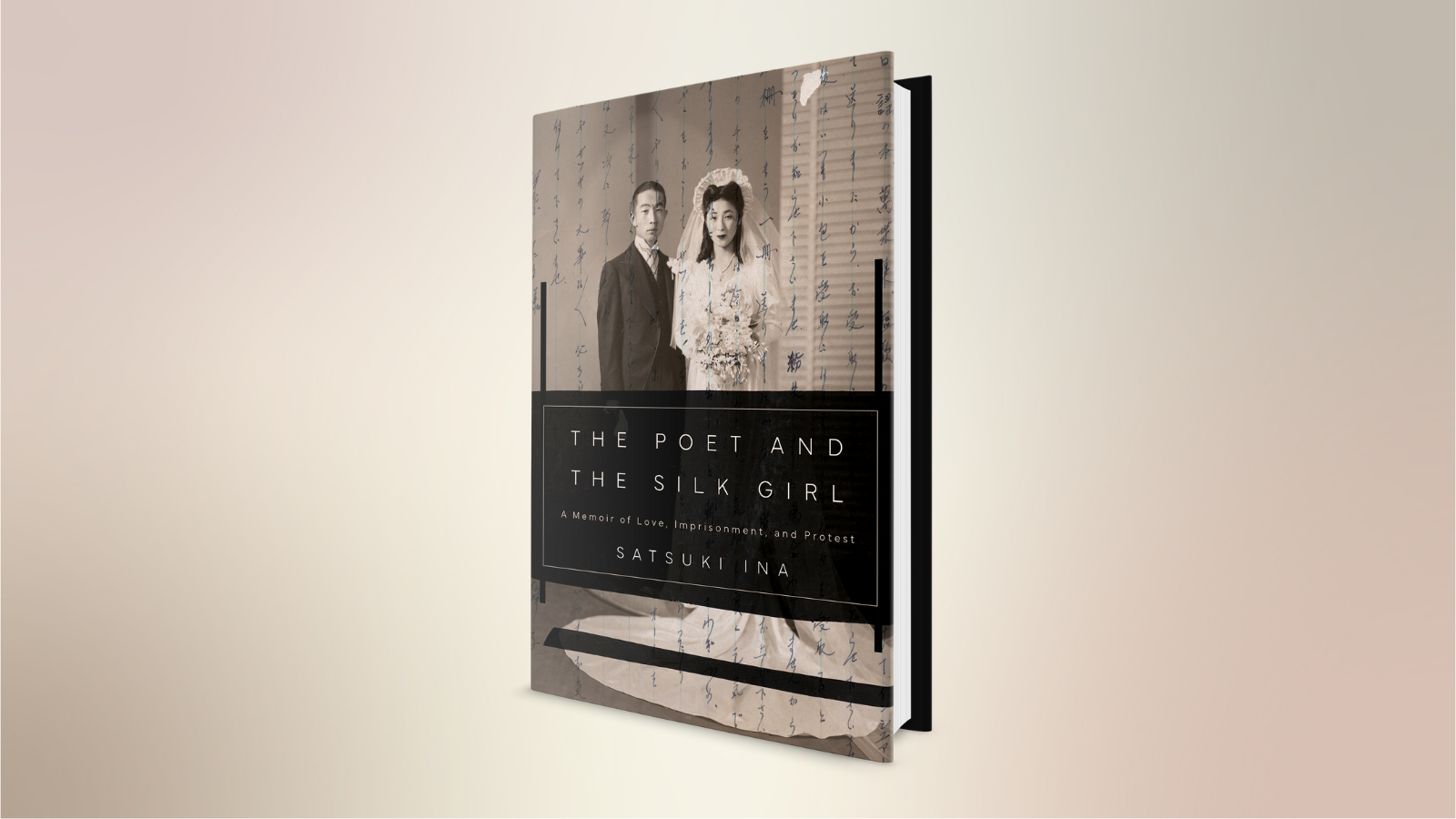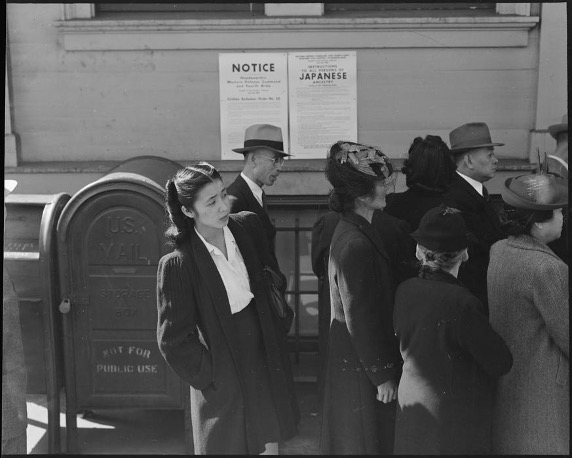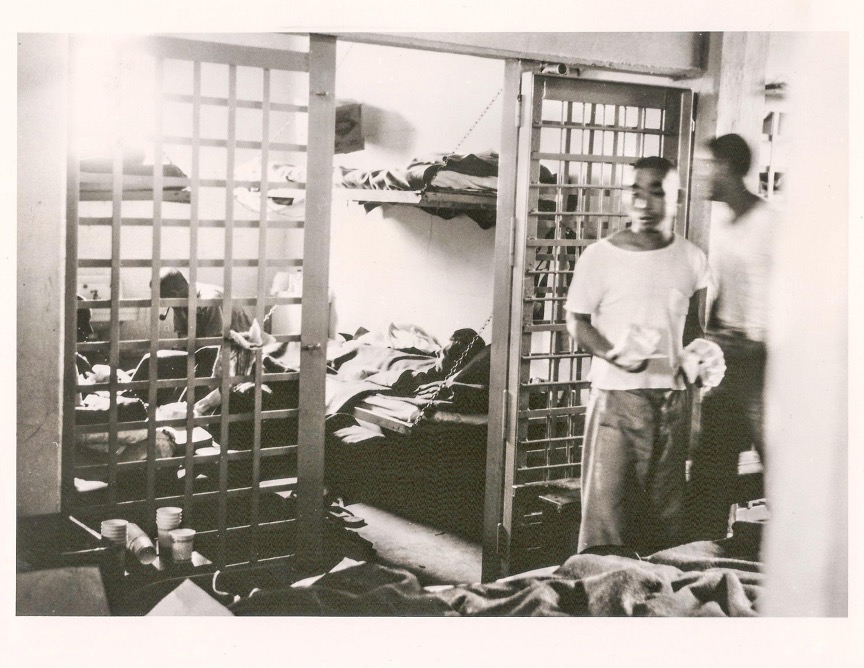New Memoir Unveils One Japanese American Family’s Life Inside a WWII-era American Concentration Camp
The Poet and the Silk Girl follows the harrowing journey of the Ina family through wartime race-based incarceration and traces the echoes of trauma across the generations.
BERKELEY, CALIF. — In 1942 San Francisco, photojournalist Dorothea Lange captured an era-defining portrait: A Japanese American woman cranes her neck, concern etched across her brow, as she waits in line to register her family for forced removal. She was one of the 125,000 people of Japanese ancestry that the U.S. forcibly displaced and incarcerated after declaring war on Japan in WWII. The woman at the center of this evocative image was Shizuko Ina, and The Poet and the Silk Girl: A Memoir of Love, Imprisonment, and Protest is the story of the unimaginable future that came next for her and her family.
In this moving memoir, author Satsuki Ina—who was born to Shizuko in the Tule Lake Segregation Center—recovers the story of how her parents survived and resisted their incarceration in U.S. concentration camps. Drawing from diary entries, heart-wrenching haiku, censored letters, government documents, and clandestine messages, Ina shares the eyewitness dispatches of Shizuko and her newlywed husband Itaru. Their words, interwoven with the ravel of war and Ina’s own retrospective reflection, afford an intimate view into the experiences of those whose lives were upended, by reason of race alone, by Executive Order 9066—a presidential edict that dispossessed an entire generation of Japanese people, including U.S. citizens, of their homes and livelihoods.
The Inas’ story takes us from San Francisco’s Japantown—rendered desolate by forced removal—to the cramped quarters of Tanforan. It captures a rare glimpse of camp life at Topaz, a hotbed of organized protest, where the Inas’ second child was born, and where Itaru took a principled stance as a “No-No” when pressed under duress to pledge his loyalty to the U.S. government. It takes us to an “enemy alien” prison camp in Bismarck where the fate of the family hangs in precarious balance as the war draws to a close. And it takes us to now, as Satsuki Ina, a psychotherapist and activist, connects her family’s ordeal to paralleling atrocities today—from anti-Asian hate crimes to the incarcerated migrants at the U.S.-Mexico border.
With dauntless conviction, Ina’s multivocal memoir serves as a powerful testament to the traumatic legacies of state-sanctioned race-baiting and fear-mongering. It also reminds us of the temerity of the human spirit and the fortifying succor of compassionate witnessing.
Advance Praise for The Poet and the Silk Girl
“This is a seminal, beautifully rendered intergenerational narrative of a courageous young couple who spoke truth to power that re-centers the Japanese American incarceration story as civil rights activism.”
—BARBARA TAKEI, coauthor of Tule Lake Revisited
“Satsuki Ina’s The Poet and the Silk Girl is a revelation. Beautifully woven together by her mother’s diary and her father’s haiku—through which they are both still speaking—it is memoir as healing, as self- and soul-determination, and as vigilance, the keeping vigil over past lives that are still becoming.”
—BRANDON SHIMODA, author of The Grave on the Wall
“Tracing the lives of her newlywed US-born Japanese American parents through no fewer than six different camps and the births of two children, Ina weaves archival and family ephemera together, heightened by her insights as a psychotherapist. The Poet and the Silk Girl is storytelling as activism at its finest.”
—DEBORAH A. MIRANDA, author of Bad Indians: A Tribal Memoir
“The internal landscape of injustice is made heartbreakingly visible in this exquisitely written and passionate memoir. It reminds us of what we might otherwise forget: that injustice is an intimately lived experience, endured day to day and hour to hour, and full of complexities roiling deep in the heart and mind.”
—DAVID GUTERSON, author of Snow Falling on Cedars
“Satsuki Ina’s family-rooted memoir is a richly documented and reasoned investigation of how the US government’s unjust World War II oppression of some 125,000 Americans of Japanese ancestry set in motion an intergenerational transmission of trauma that now urgently needs to be addressed and redressed.”
—ART HANSEN, author of Barbed Voices and A Nikkei Harvest
“The Poet and the Silk Girl is a ground-breaking contribution to the literature on the World War II incarceration of Japanese Americans. This combination of first-hand accounts from the past with Ina’s personal experiences and expertise brings incarceration history to life in unique, powerful, and insightful ways.”
—DONNA NAGATA, author of Legacy of Injustice
“Born in an American concentration camp, Satsuki Ina weaves her own experiences into conversation with her parents’ wartime letters and father’s haiku poetry from behind barbed wire to show how family history is a part of the very fabric of the struggle to belong in America. A beautifully-crafted memoir and community history that brilliantly reveals how past, present, and future are interlinked.”
—DUNCAN RYUKEN WILLIAMS, author of The Other Side of Zen
“A profound and moving testimony to intergenerational trauma and resistance.”
—TONY PLATT, author of Beyond These Walls
“A tremendous, and tremendously moving, account of injustice, resistance, and resilience. The indignities endured by Satsuki Ina’s parents were beyond healing, but in telling their story unflinchingly and drawing its lessons for our time, she herself reaches impressive closure.”
—FREDERICK CREWS, author of Freud: The Making of an Illusion
“This incredibly poignant account reveals how a daughter uncovered why her parents went from buying war bonds and voting in every election to renouncing their citizenship during the World War II mass incarceration. In writing this family memoir, Satsuki Ina pays tribute to her parents’ courageous protest and love of family while also showing how their suffering inspired her support of recent Central American migrants experiencing indefinite detention and family separation.”
—ALICE YANG, Co-Director of the Center for the Study of Pacific War Memories
“A powerful quilt work of memory, The Poet and the Silk Girl sutures the traumatic wounds of Japanese American incarceration with care for the past and struggle for the future.”
—ANDREW LEONG, Assistant Professor of English, UC Berkeley
Media Contact:
Kalie Caetano
Marketing & Publicity Director, Heyday
For review copies, feature interest, and interview and image requests, get in touch: publicity@heydaybooks.com.

Satsuki Ina is a psychotherapist specializing in community trauma. She helps victims of oppression to claim not only their voice but also their power to transform the systems that have oppressed them. Her activism has included co-founding Tsuru for Solidarity, a nonviolent, direct-action project of Japanese American social justice advocates working to end detention sites. Ina has produced two documentaries about the World War II incarceration of Japanese Americans, Children of the Camps and From a Silk Cocoon. She has been featured in the New York Times, the Los Angeles Times, TIME, Democracy Now! and the documentary And Then They Came for Us. A professor emeritus at California State University, Sacramento, she lives in the San Francisco Bay Area.




